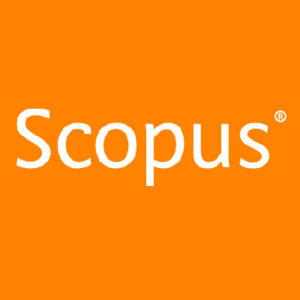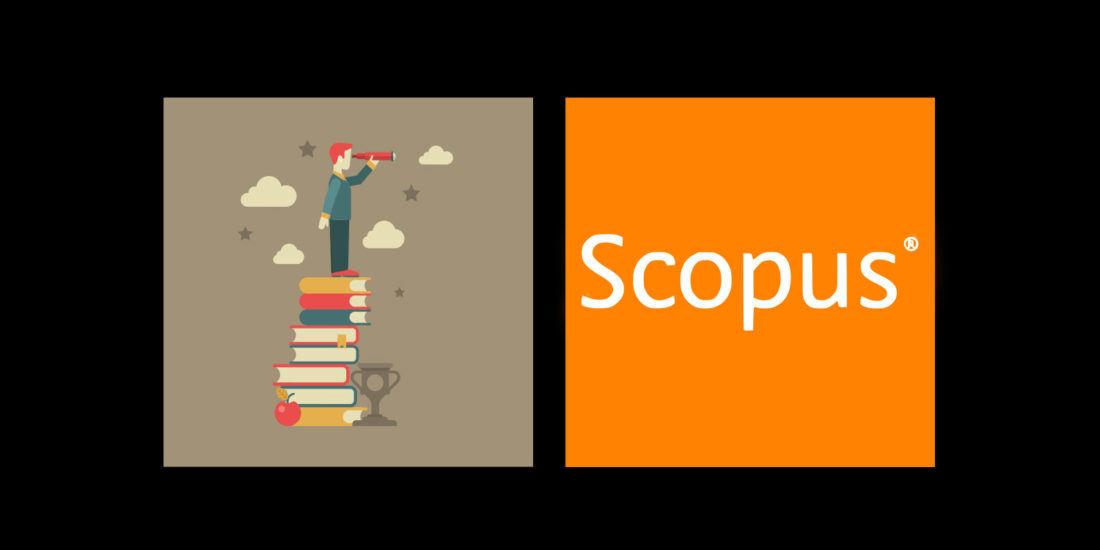In response to a comment on Facebook, this blog looks at the subject of journal indexing and at Scopus in particular.
Why do journals get indexed?
One of the most frequent questions that we are asked about the IAFOR Journal of Education is whether it is indexed with Scopus. It is: we were granted Scopus indexing mid-2019. But what does this mean? Why should journals want to be indexed? And why Scopus? The IAFOR Journal of Education is currently indexed in more than 10 places including Scopus, DOAJ, WorldCat, ULRICHSWEB and EBSCO. The more widely a journal is indexed, the more likely it is to be available in library databases, this means that your published articles have a higher chance of being found, read, and, hopefully, cited. Each indexing agency reaches a slightly different audience, further widening journal exposure.
But why the hype about Scopus?
 Interestingly, it is rare to be asked whether the journal is indexed with anyone other than Scopus. Perhaps if we were a medical journal, more would ask about Web of Science or PubMed, but as an education journal it is Scopus. This is largely because the academic world of education has given importance to this particular index. Many universities favour Scopus when their academics seek promotion and present their publication record. Hence, authors seek journals with this indexing. Demand has, in some ways, led to its preferred status in this field. But there is a sound reason behind what might seem an arbitrary choice of indexing agency: academic rigour.
Interestingly, it is rare to be asked whether the journal is indexed with anyone other than Scopus. Perhaps if we were a medical journal, more would ask about Web of Science or PubMed, but as an education journal it is Scopus. This is largely because the academic world of education has given importance to this particular index. Many universities favour Scopus when their academics seek promotion and present their publication record. Hence, authors seek journals with this indexing. Demand has, in some ways, led to its preferred status in this field. But there is a sound reason behind what might seem an arbitrary choice of indexing agency: academic rigour.
Academic rigour
One among many, Scopus is an “abstract and citation indexing database of peer-reviewed literature: scientific journals, books and conference proceedings” owned by the Elsevier publishing firm (Elsevier, https://www.elsevier.com/en-au/solutions/scopus). This description provides a first clue to its academic rigour: it requires peer review to be an integral component of anything indexed with it. There are also many other requirements that must be met by any journal seeking indexing. Some of these requirements are:
- diversity in the geographical location of editors and authors;
- academic contribution to the field;
- quality of content;
- publishing regularity.
The selection requirements can be found in full at https://www.elsevier.com/solutions/scopus/how-scopus-works/content/content-policy-and-selection.
In addition to meeting these requirements for initial indexing, the journals are re-evaluated each year and must demonstrate that they still meet the requirements. Thus, it behoves any indexed journal to also maintain academic rigour in the articles that it accepts. Journals are also evaluated on their citation statistics: it is important that published articles are cited.
So only Scopus indexed journals are reputable?
Because Scopus is currently the leading indexing database preferred by a good number of universities, there is a belief that only Scopus indexed journals are reputable. This is not the case. There are many journals that are not registered with Scopus, for a range of reasons, but they are reputable journals following good academic publishing practices. Also, other multidisciplinary databases such as Web of Science or ProQuest Central are similarly rigorous in their selection criteria.

Current indexes for IAFOR Journal of Education
As authors, you still need to consider placing your article in journals where the aims and scope mesh with your topic. If you are in a very new field you may be hard pressed to find a journal indexed with Scopus. as this is a two-year minimum process: at least three published issues are examined in the selection process. Furthermore, manuscript submissions to Scopus journals tend to be heavy and the publication process highly competitive and sometimes lengthy. There are predatory journals out there, but not all non-Scopus indexed journals are predatory. In the field of education, if a journal is indexed by DOAJ and ERIC, then that is a mark of quality in its own way; it means your work is also widely distributed in library databases.
We hope that this has explained indexing a little more clearly for you and why we are pleased to be indexed with Scopus.
Yvonne
Dr Yvonne Masters
Editor-in-Chief
IAFOR Journal of Education
Note from Publications Manager:
Indexing is something we're always trying to improve and we would like the IAFOR Journal of Education to be listed in as many public and private databases as possible.

